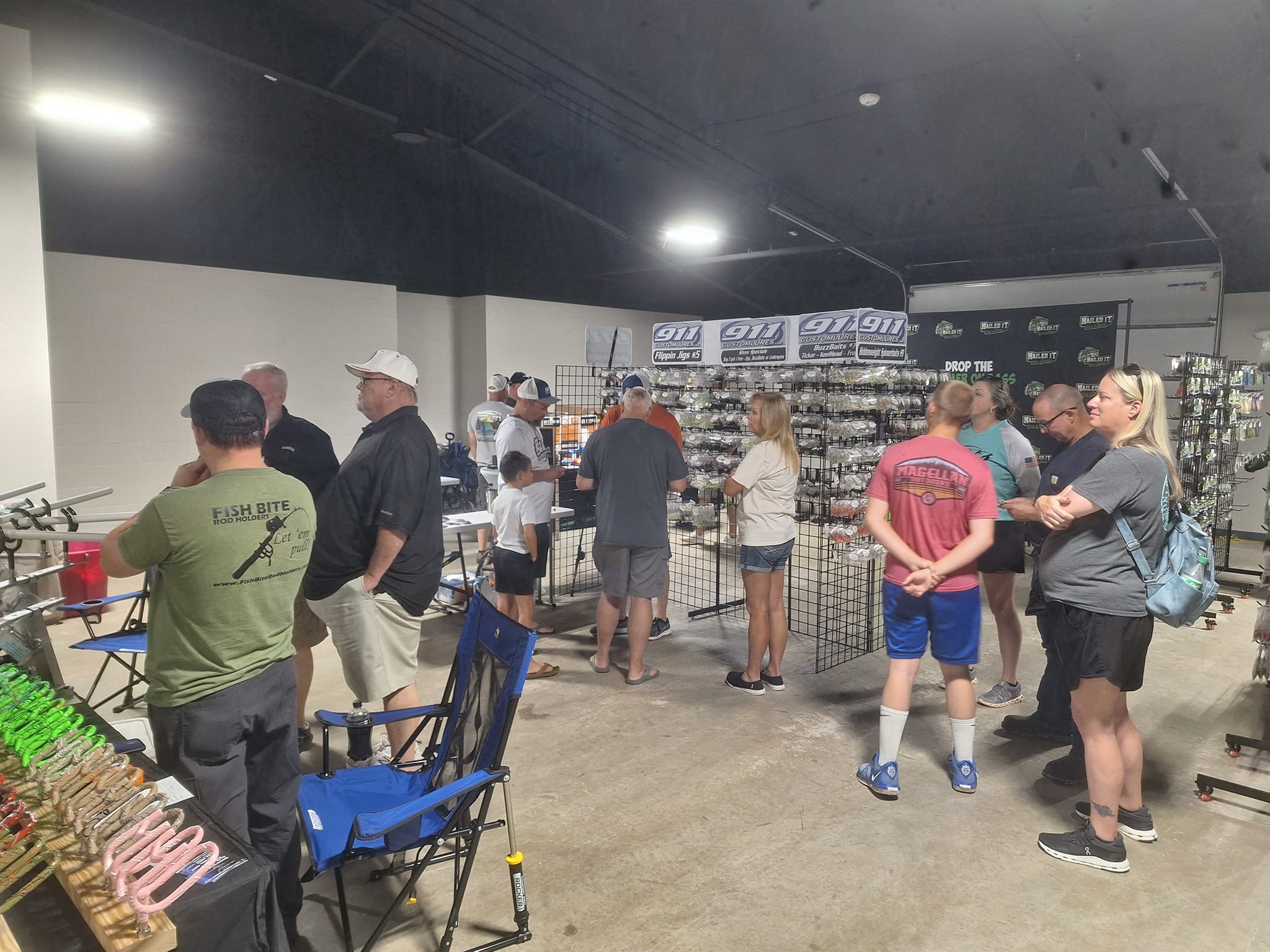Pfeiffer alumnus shares lessons of a strong team
Published 11:41 am Monday, August 19, 2024
|
Getting your Trinity Audio player ready...
|
By Ken Keuffel
for Pfeiffer University
Ben Cook, a 1987 alumnus of Pfeiffer College, believes that the best-functioning pit crews in racing can teach everyone a lot about effective teamwork in other lines of work. He helps communicate what that means in practical terms to attendees at the corporate training programs led by PIT Instruction & Training in Mooresville, for which he has served as the facilitator and public speaker since 2011.

Ben Cook
The participants of these sessions become pit crew members for a day and try their hand at working a race. Cook calls that a “sideshow” perk for learning invaluable lessons such as “how to enter a space and how to organize your tools and your tradecraft in such a way that you can be more efficient, just like a pit crew.”
Cook added that the training prompts its participants to explore scores of questions: How do you aspire for continuous improvement in your workplace? How do you standardize your practice?
Or how do you organize the workspace so it’s more ergonomic and you’re not taking too many steps left, right, forward or backwards? And how do you communicate effectively with each other?
Cook’s job title at PIT is director of programming and PCU recruiting. (PIT is an acronym for “Performance, Instruction and Training,” and PCU is short for “Pit Crew U,” which offers instruction and training to athletes who want to become pit crew members in NASCAR.)
Cook has a knack for being in the right place at the right time — and then doing whatever it takes to get the most out of the opportunities that emerge as a result. His current job has its roots in his work as a strength and conditioning/pit crew coach for several NASCAR teams; he was one of the first people to work in that capacity full-time.
Cook’s work in strength and conditioning began in 1987, as an assistant under head strength coach Chip Sigmon at Appalachian State University. In the fall of 1989, he would begin working at UNC-Chapel Hill as an assistant to the football team’s strength and conditioning coaches.
In 1993, he would land a dream job as the head strength coach for Carolina’s storied men’s basketball team. In his eight years in that post, he worked on the coaching staffs of four Final Four teams while reporting to three head coaches: Dean Smith, Bill Guthridge and Matt Doherty.
Sigmon isn’t surprised at what Cook has accomplished.
“He did an excellent job for me,” he said. “I knew he was going to be good. He was very intelligent. He had a great work ethic. He would do whatever it took to make an athlete better.”
Cook, a native of Denton, emerged as something of a pioneer in strength and conditioning, recording innovations in several books, videos and articles. He credits much of his success with the great start that Pfeiffer gave him. He lauded professors who provided him with a solid foundation in the sciences, a foundation that would help him earn an M.A. degree in sports and exercise science from UNC-Chapel Hill. And he benefited greatly from academic advisors who intervened when (initially) he wasn’t getting it done in the classroom.
“You’re in jeopardy of not being successful here, and so here’s what we’re going to do for you,” Cook recalls advisors saying before they provided him with concrete steps to improve his study skills. “I thought that was great because it felt like they cared.”
Cook’s road to strength and conditioning was hardly pre-ordained. As he was pursuing a B.S. degree in sports medicine from Pfeiffer College, he was gaining insights and knowledge that would enable him to go in any number of career directions, from athletic training to research. An odd summer job at the training camp for the N.C. State football team helped him determine which field would be a good fit for him.
A member of N.C. State’s football staff, having recognized that sprained ankles often sideline many players during the course of a season, suspected that taping each player’s ankles before every practice might eliminate or greatly reduce these injuries. So, he launched a study to see if that was really the case.
That study needed extra people to tape a whole lot of ankles each day, and Cook was hired to do just that during late-summer days before the start of the fall semester at Pfeiffer. The job didn’t sit well with him: “I taped ankles upon ankles. I taped ankles to the point where I was sick of it and did not want to do it again.” And since athletic trainers tape ankles, Cook concluded that he wasn’t cut out for that line of work.
However, while Cook was working at N.C. State, he befriended the late John Stucky, a former defensive line coach who by that time was running the team’s strength and conditioning program.
From Stucky, Cook learned that, increasingly, colleges were hiring strength and conditioning specialists to tailor weight-training and other exercises to each position so that the person playing it could optimize their performance on the field or court and reduce the chance of injury. Cook was more than a little intrigued and quickly found that he “enjoyed working athletes out and trying to get them prepared to be faster, stronger and more agile to do their sport.”
Cook hasn’t worked as a strength and conditioning coach for several years — with no regrets. His college education served him well as he pivoted mid-career to provide teamwork training beyond athletics.
“I am currently happy with what I am doing at PIT,” he said. “Having spent years as a coaching member of various sports teams, I feel I’ve gained insight into how great teams are constructed and inspired, and I remain eager to share that in my current role. I wouldn’t have gotten to where I am now without my time at Pfeiffer, for which I am extremely thankful.”






